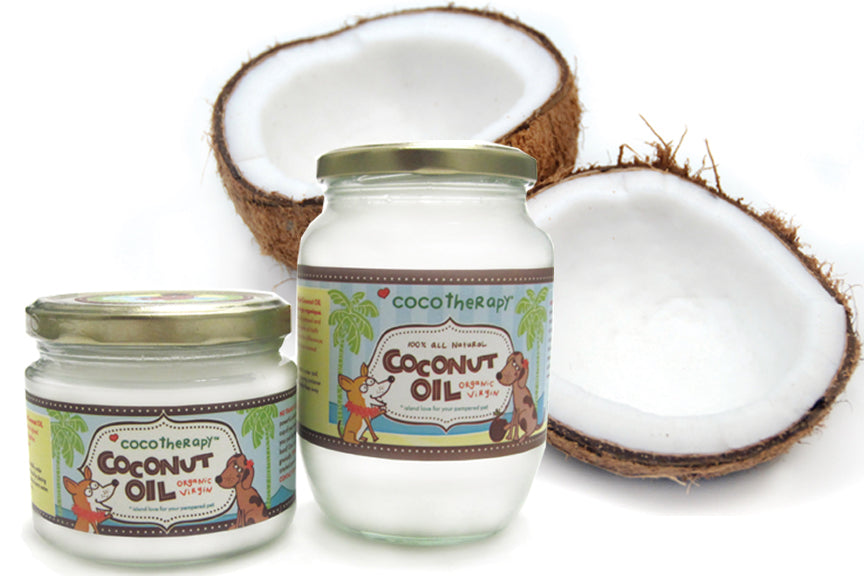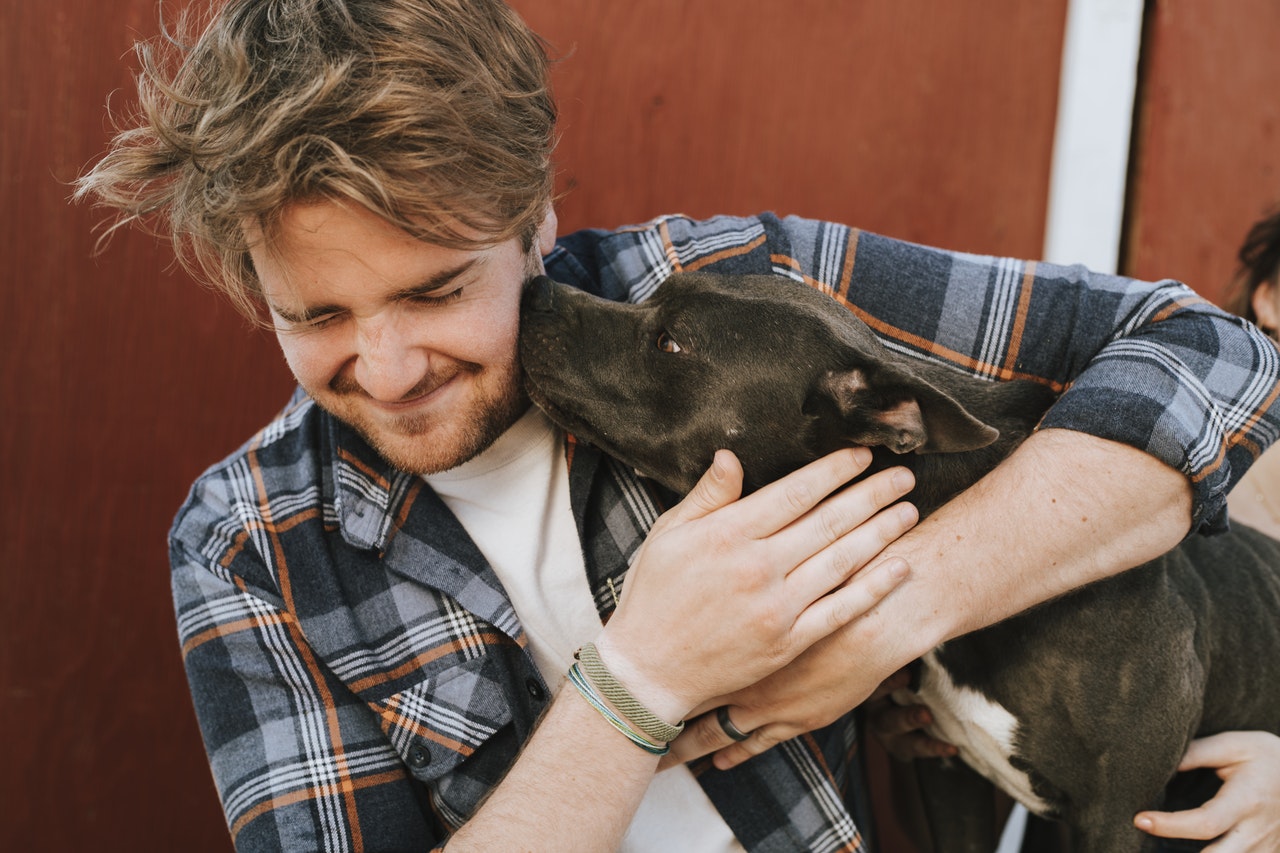Obesity in pets is a serious and widespread health issue. In fact, it is estimated that 60% of cats and 56% of dogs in the US are overweight or obese.
Excess weight in pets can lead to serious and potentially life-threatening health issues including diabetes, heart and kidney problems, cancer, and a shortened lifespan. For this reason, it is important to take measures to control and manage your pet's weight throughout their lifetime.
Previously on the blog, we've discussed the importance of feeding a species-appropriate diet to control your pet's weight and support their overall health. In today's post, we'll share 3 healthy foods that can be added to your pet's diet to help prevent obesity and aid weight loss.
1) Fiber
A diet rich in fiber can help manage your pet's weight and prevent obesity. Fiber adds bulk to your pet's food without adding calories. This results in a longer-lasting feeling of satiety. Simply put, a fiber-rich diet can help your pet feel fuller for longer – and that means they're far less likely to overeat, gain weight, and become prone to obesity.
Dietary fiber in pet food comes from a variety of sources. Some of the most common include beet pulp, bran, psyllium husk, grain hulls, flaxseed, and coconut fiber.
CocoTherapy coconut chips are a rich source of dietary fiber. Adding them to your pet's food is a simple yet effective way to take advantage of the fantastic health benefits associated with a high fiber diet.
Our CocoTherapy Coconut Chips are made from dehydrated organic coconut meat. The dried coconut flakes are made of pure, 100% organic coconut meat, with absolutely NO sugars, salt, preservatives, or chemicals added.

2) Probiotics
Probiotics are beneficial bacteria that are found in supplements and fermented foods. They work with the good bacteria already present in your pet's gut to break down and digest food.
Probiotics help maintain healthy levels of good bacteria in the gut. They have an important role to play in keeping your pet's digestive system running smoothly, boosting the immune system, and supporting overall health.
Probiotics are also thought to aid weight loss and prevent obesity in pets by helping regulate gut health. Studies have shown that there is a direct correlation between the gut health of animals and their ability to lose weight. This suggests that gut bacteria play a powerful role in weight regulation.
Feeding your pet fermented foods is a great way to add probiotics to their diet. Some of the healthiest and most beneficial probiotic foods include kimchi and other fermented vegetables, as well as fermented beverages like kefir and kombucha.
Probiotic foods can be bought ready-made or prepared at home. For some great pet-friendly probiotic recipes, check out this article from Dogs Naturally.
3) Coconut Oil
Despite the fact that it is a saturated fat, adding coconut oil to your pet's diet can help aid weight loss. Fat is an essential part of a healthy diet. Virtually all-natural foods contain some fat, and it's used by the body as a major source of energy.
The MCFAs in coconut oil are digested differently than other types of fats. When other fats are eaten, they go directly into circulation where they are easily deposited into adipose fat tissue and fat cells. By comparison, MCFAs go straight to the liver where they are mobilized to produce energy. This means that pets get a boost of energy that stimulates their metabolism after eating coconut oil. In his book, Coconut Therapy for Pets, Dr. Bruce Fife, C.N., N.D., explains:
"This effect lasts for a full 24 hours. During this time the body's engines are burning at a higher rate, so more calories are being burned off. At the end of the day, fewer calories are available to be stored as fat. Therefore, if excess calories are not consumed (i.e. not overeating) ...your pet can experience weight loss."
If you decide to supplement your pet's diet with coconut oil, be sure to give it in moderation as part of a balanced, species-appropriate diet.
In addition, always remember to choose a high quality, therapeutic-grade oil such as CocoTherapy coconut oil. Our oil is sourced from our USDA-certified organic family farm in the Philippines, and carefully manufactured in our own facility.
Please check out our Health Benefits page to discover more about the amazing power of coconut oil!



